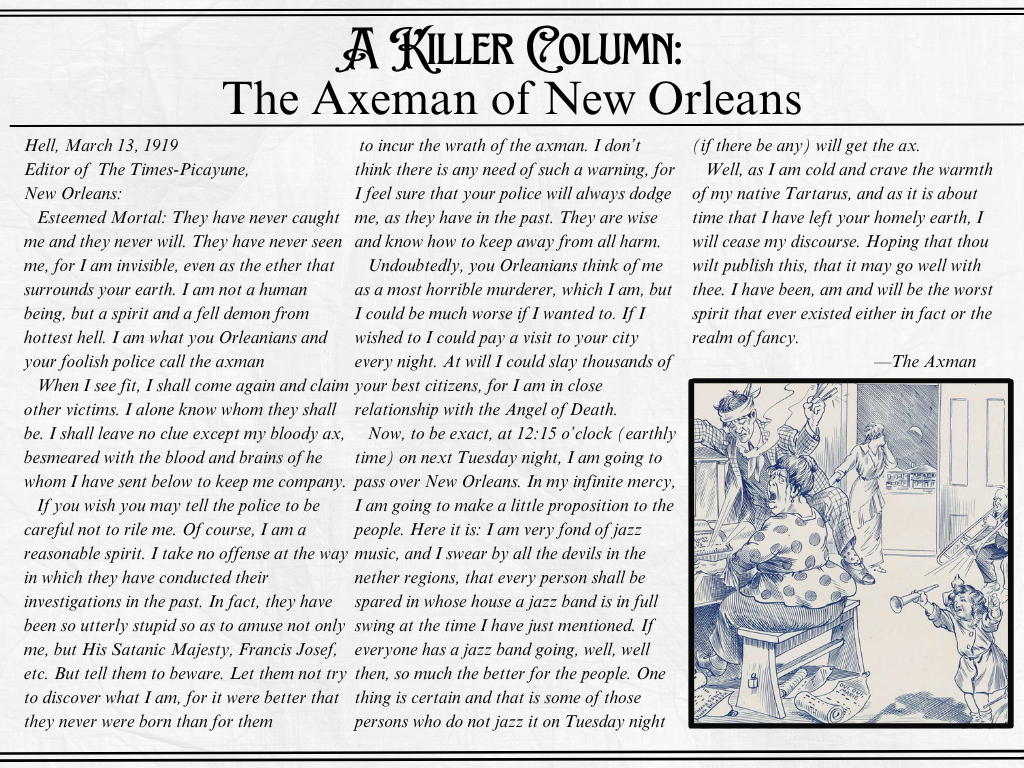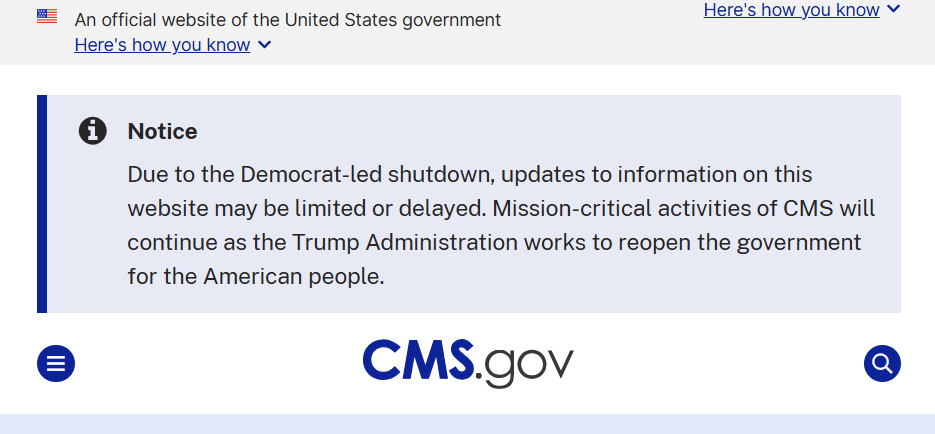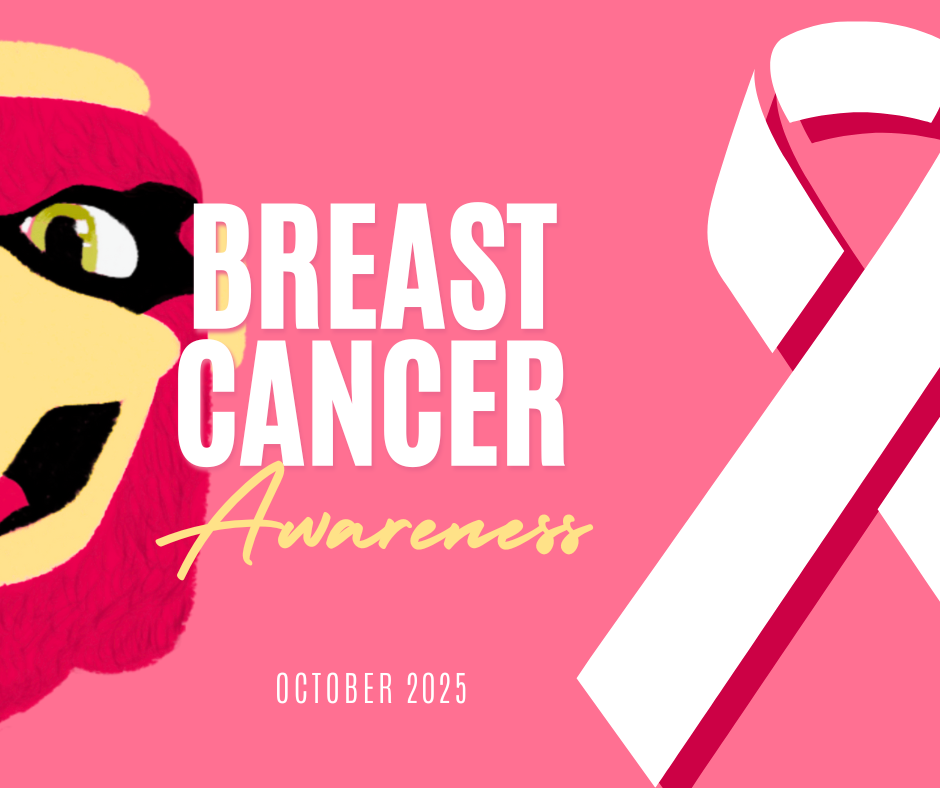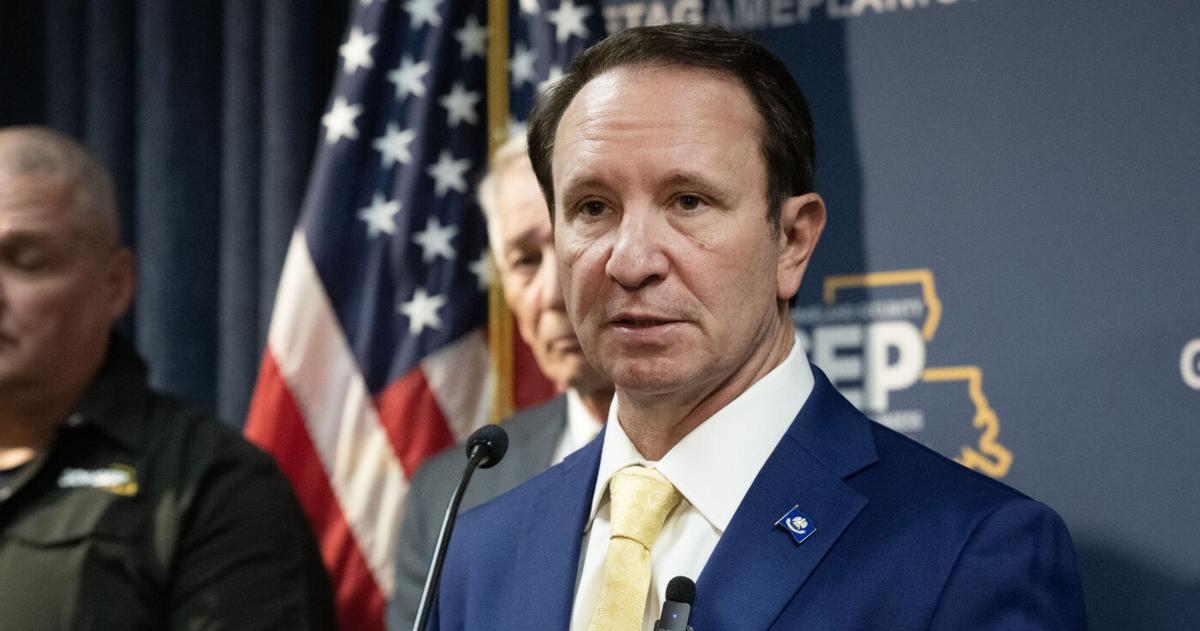Lawmakers are attempting to harshen DWI laws in Louisiana.
If lawmakers make DWI penalties hit harder it could mean that it is easier for police to obtain evidence of drunk driving and make it harder for students to get their driver’s license back.
Statistics from centurycouncol.org show that 31 percent of traffic fatalities were alcohol related in the United States.
In Louisiana, 33 percent of all traffic fatalities were alcohol related. At least 6,053 of all DUI arrests consisted of refusal to a Breathalyzer.
Lawmakers want to make it easier for law enforcement to obtain evidence and to convict the guilty or to make it harder for guilty parties to obtain their driver’s license.
KNOE.com reports the DWI law changes: making it a crime to cause death with a blood alcohol level above 2-point and for DWI convictions to last longer on a criminal record and used as a second offense.
Megan McGraw, a freshman pre-pharmacy major, sees the significance of changing the DWI laws.
“Harsher laws can save hundreds of lives. If people looked at driving while under the influence as serious as killing a person I do think that there will be less alcohol related accidents on the road,” McGraw said.
Statistics by Madd.org show that alcohol consists of 37% of the total costs in Louisiana.
Almost $4 billion in 2005 was spent in monetary costs and quality of life loss.
Ben Bennett, a senior art major, is reluctant about the changes in the law.
“…People would have to abide by reason for it to make sense. Ignorance and ignorant people will always be there and will always do ignorant things, but I would think it would be effective,” Bennett said.
An archived Harvard report showed that college students resulted in three out of every 10 students admitting to driving after consuming alcohol.
Compared to ULM’s student population, that is approximately 2,563 students that could have possibly driven after consuming any amount of alcohol.






